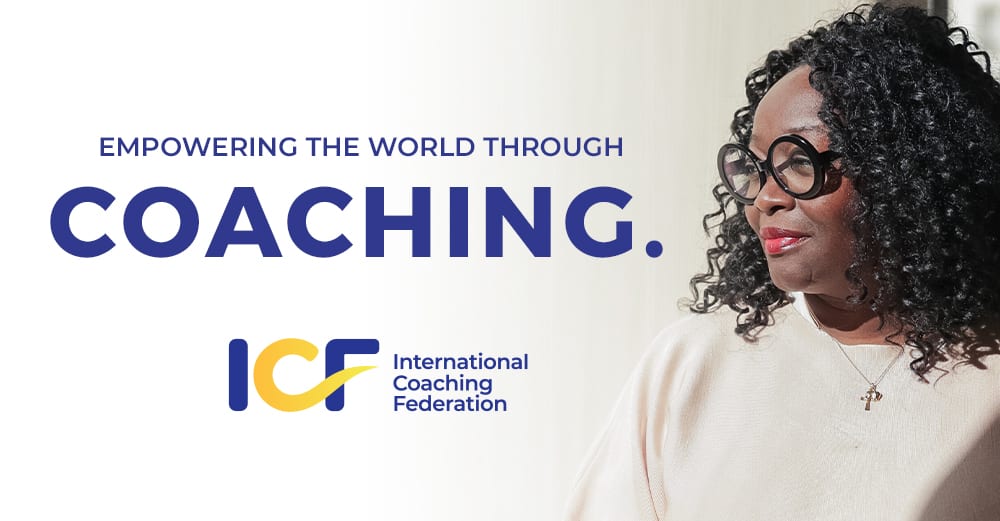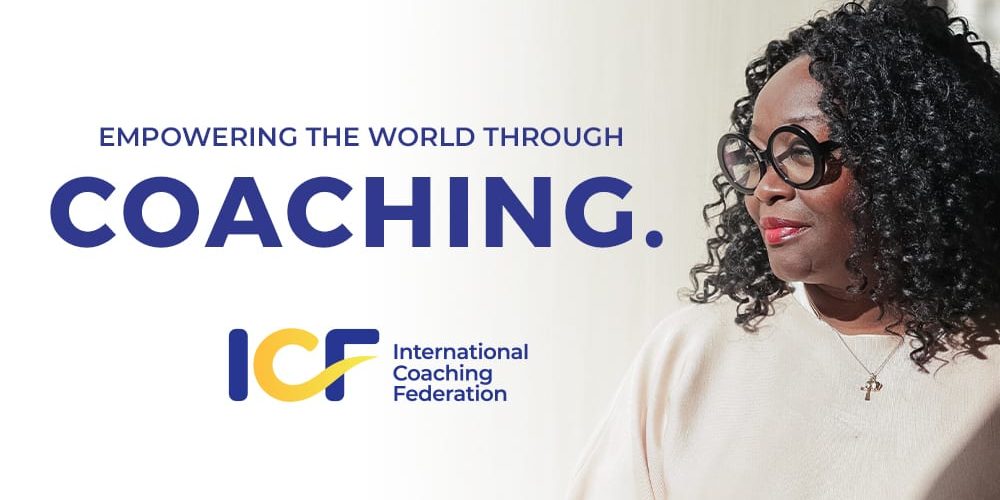
Using active learning techniques in the classroom can increase engagement and help instructors easily assess if students have really mastered the material. Here are some questions to think about when selecting an active learning strategy:
- What skill should my students be able to perform by the end of our session?
- Which active learning strategy will allow my students to practice this skill?
- When will my students encounter and engage with information and ideas? When will they reflect on what they’ve learned?
Check out some active learning activities you can immediately implement in your coaching education programs:
Everyday Ethical Dilemmas – Present an abbreviated case study with an ethical dilemma related to the discipline being studied. Students work together to identify potential implications and challenges this dilemma could cause.
Muddiest Point – Ask students to write down the “most confusing” point of the day’s lesson. The instructor can gather these and address questions or provide additional content at the beginning of the next learning session. This is best used at the end of a class session.
Think, Pair, Share – Pose a short scenario, problem, or question to your students and give them time to think through the problem individually, pair with a partner to discuss, and share their findings or takeaways with the group.
For more information on active learning, read this ICF Coaching Education Global Knowledge Community blog post.







